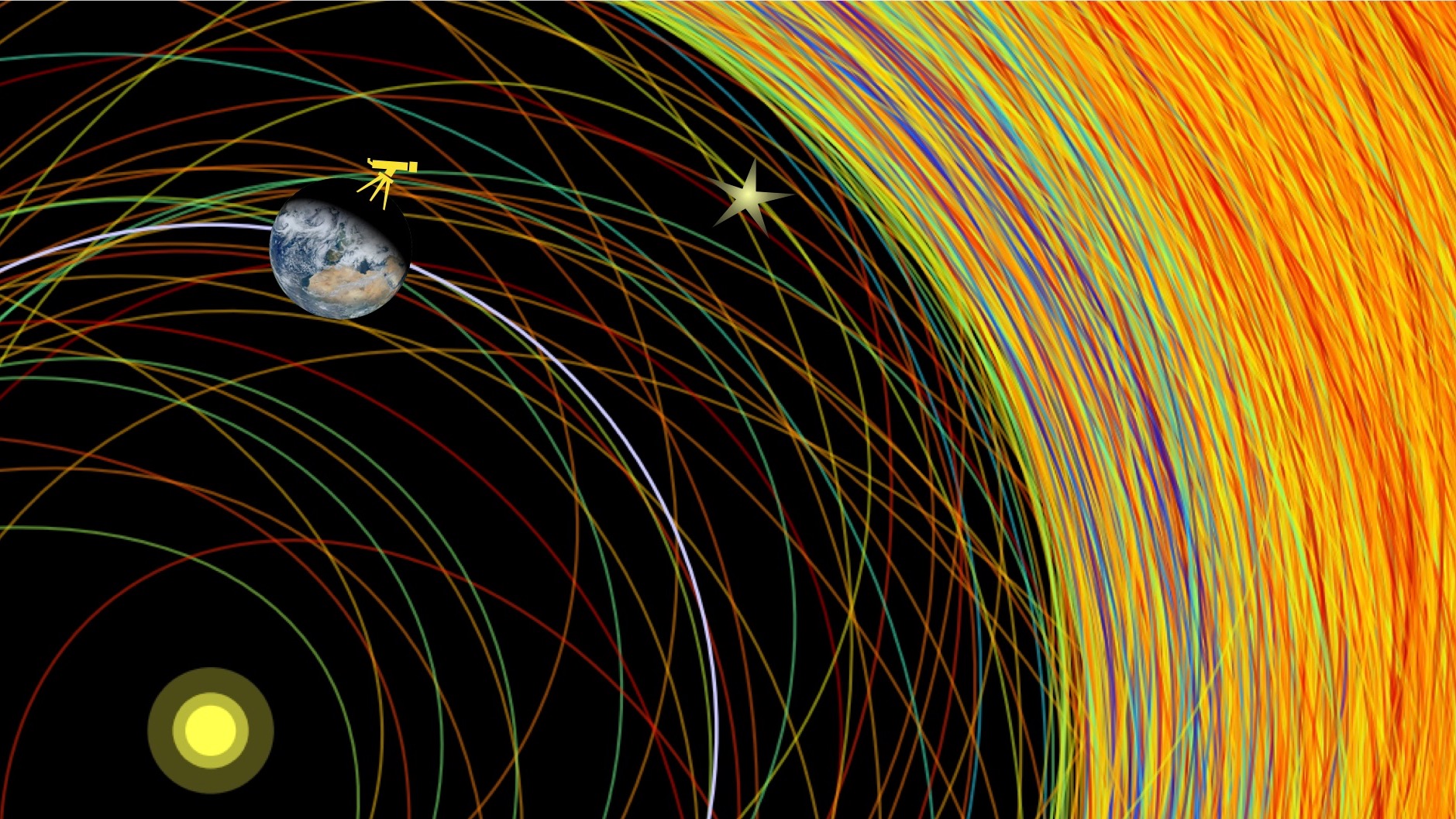We propose to combine the immense accuracy of Gaia stellar data with precision timing of predicted occultations, to derive from ground asteroid positions at Gaia-level accuracy, extending the time-coverage of Gaia, drastically reducing orbital uncertainties and significantly improving NEA risk assessment. Before Gaia, reasonably reliable predictions of stellar occultations concerned asteroids ~10s of kms in size. Thanks to Gaia astrometry, this limit is brought down to a few km. A single site with ~40cm telescope could target several 10s of events/month. The recent successful occultations by Arrokoth (New Horizons target) and the 6-km NEA Phaethon demonstrate this progress. However, the full potential of “occultation astrometry” has yet to be systematically explored; a study of achieved accuracy as function of initial orbit uncertainty, timing precision etc. is needed. We propose a study focused on NEAs, carefully selected for monitoring in the upcoming period. Two post-doc researchers will be involved in the study. However, we propose to follow the ‘citizen-science strategy’ employed for Lucy: open calls for observations will be issued to amateur astronomers, students and international occultation associations (IOTA, Euraster). Training and selective equipment upgrade will be offered, ensuring data quality. Some NEAs in particular, deserve special attention: Apophis (Earth fly-by, 2029) and Didymos (the DART/Hera target), for which occultations are predicted over Europe in 2021 and 2022. Successful observations can potentially pin down Didymos’ pre-impact, heliocentric orbit within ~100m. Then, systematic timing differences between predicted and observed post-impact events, could enable direct estimation of its heliocentric deflection by DART; a result to be validated by Hera. Our project combines added-value science, open data access and outreach for space, NEAs, planetary defense and Hera, promoting STEM education and citizen-science in ESA member states.

